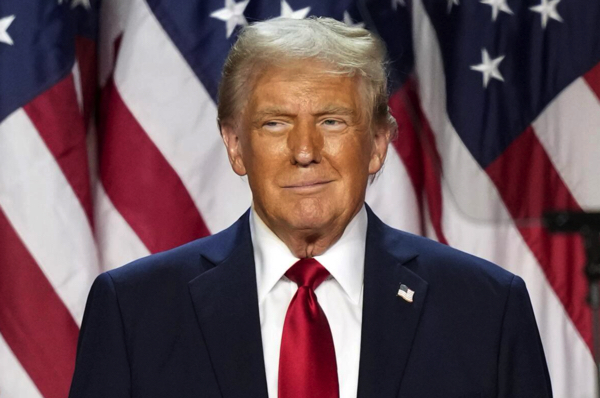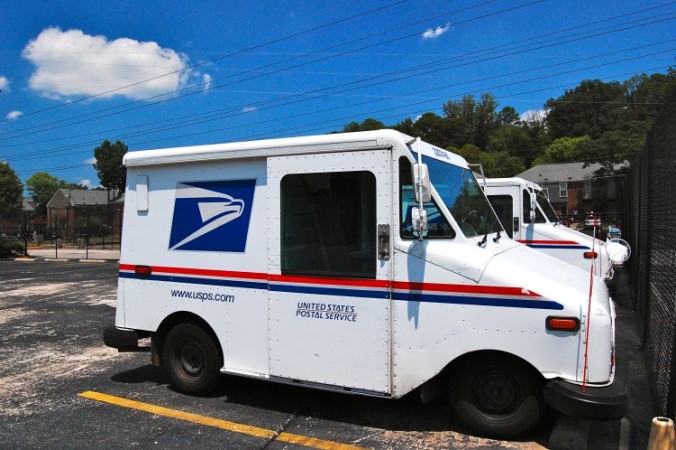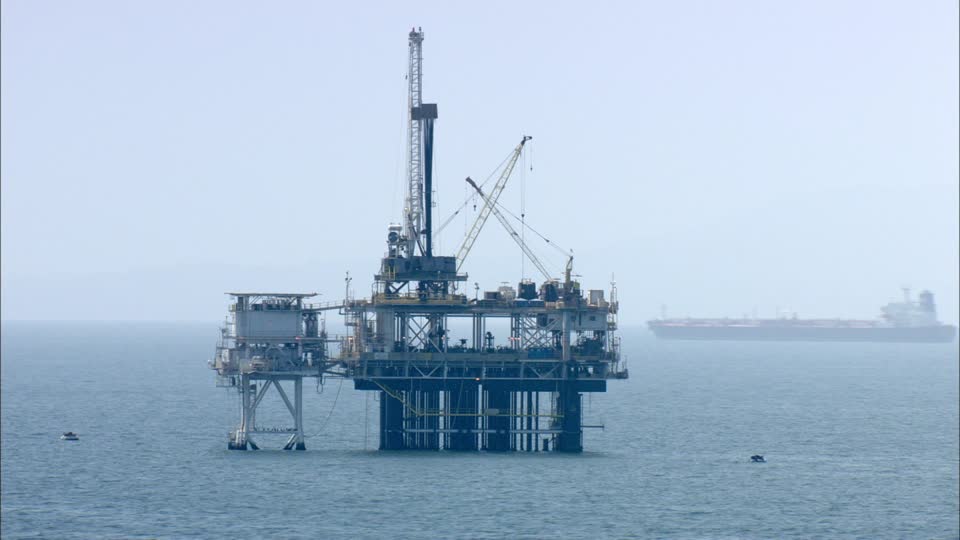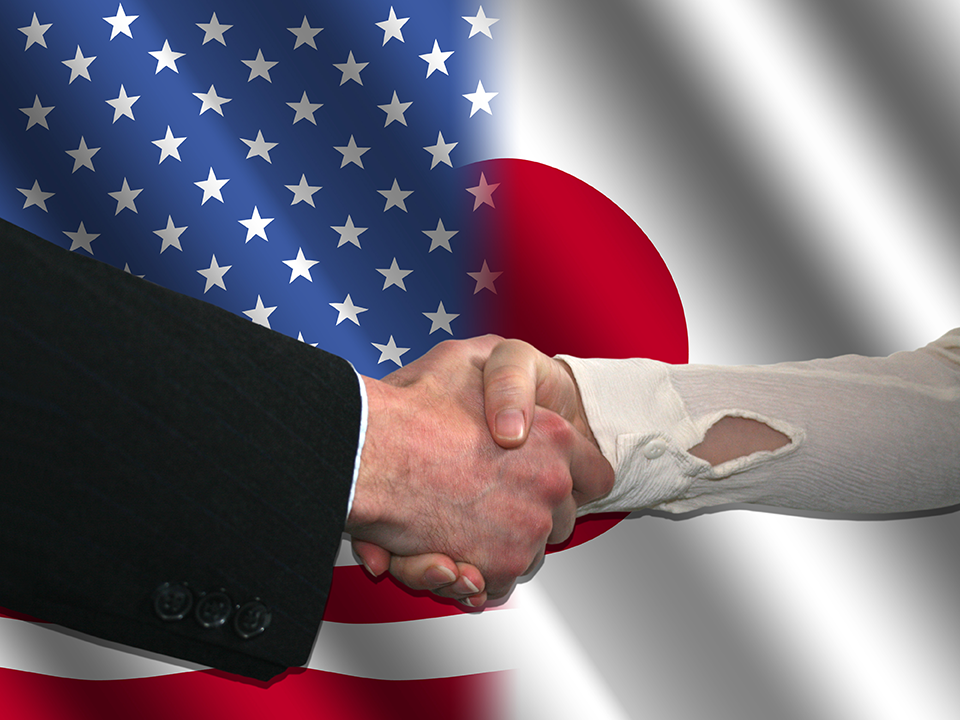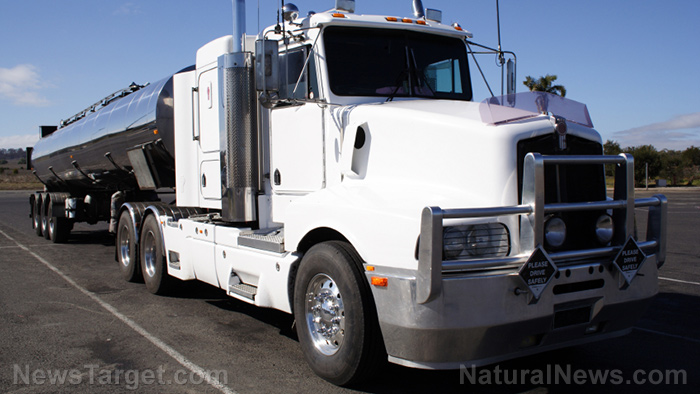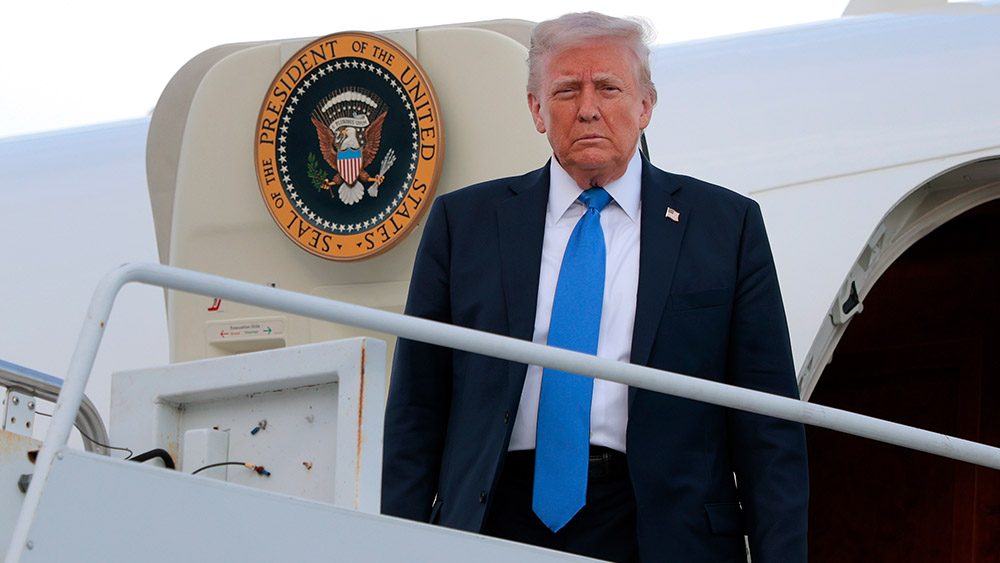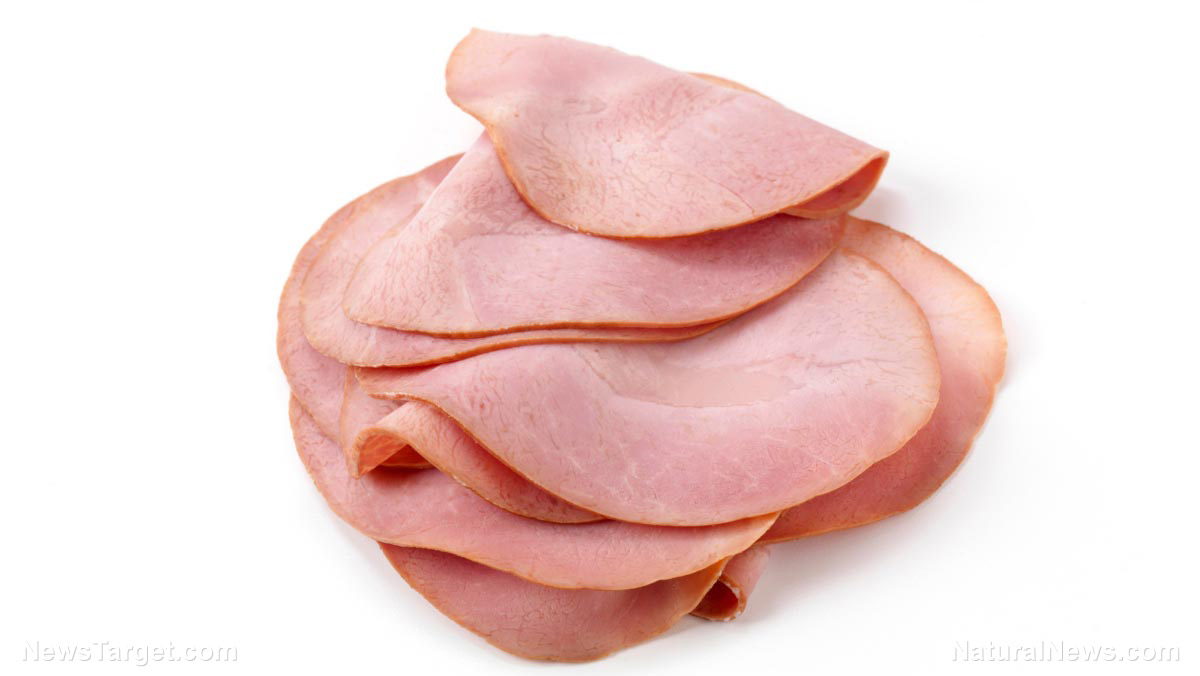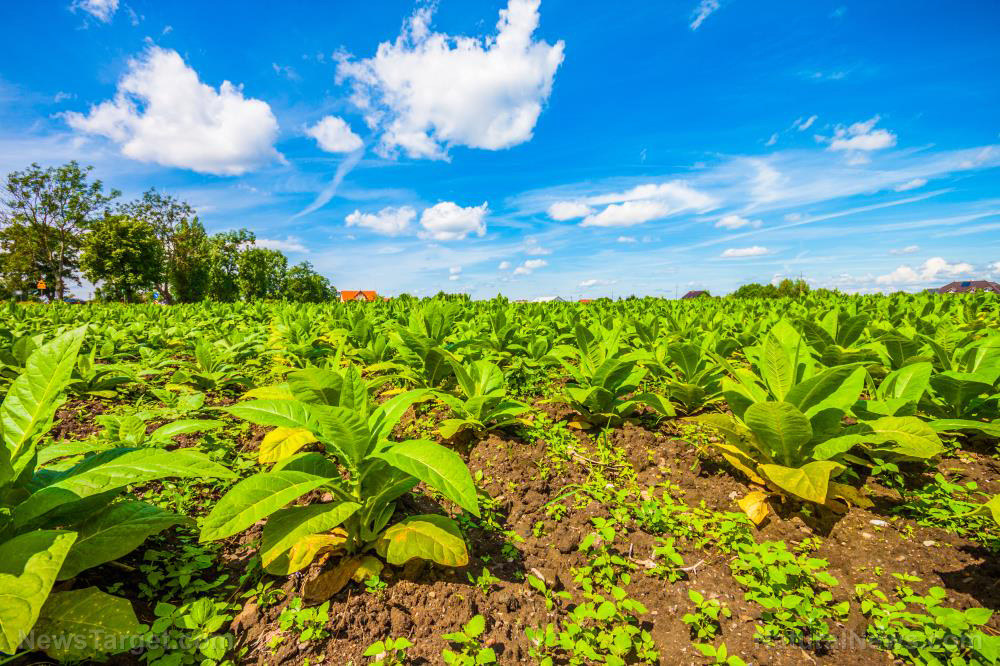AstraZeneca’s $50B U.S. expansion signals shift in pharma manufacturing amid tariff threat
07/24/2025 / By Ramon Tomey
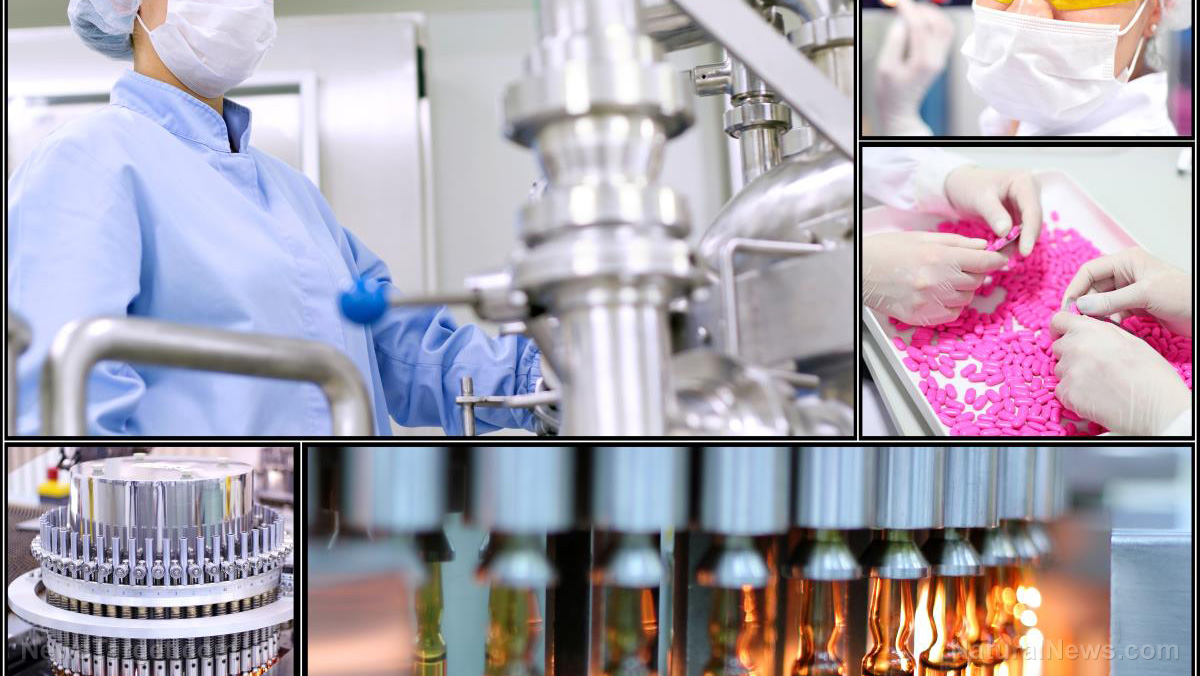
- AstraZeneca is investing $50 billion in U.S. operations by 2030, including its largest-ever manufacturing plant in Virginia specializing in respiratory, cardiovascular and metabolic treatments using AI and advanced techniques.
- The project will create hundreds of high-skilled jobs and strengthen U.S. pharmaceutical supply chains, aligning with policymakers’ focus on reshoring production.
- The move coincides with Trump administration policies, including potential 200 percent tariffs on imported drugs, urging companies to relocate production to the U.S. to avoid penalties.
- AstraZeneca’s CEO emphasizes the U.S. market (42 percent of revenue) as key to growth, while Virginia Gov. Glenn Youngkin touts the deal – negotiated in 33 days – as a model for rapid economic development.
- Other pharma giants (e.g., Roche, Eli Lilly) are also investing billions domestically, but critics warn tariffs risk generic drug shortages. The White House counters that domestic production is critical for national security.
The Anglo-Swedish drugmaker AstraZeneca, one of the world’s largest pharmaceutical companies, is investing $50 billion in U.S. operations by 2030 – including the construction of its largest-ever manufacturing facility in Virginia.
Virginia Gov. Glenn Youngkin announced AstraZeneca’s planned factory Monday, July 21. The facility yet to be sited will specialize in producing respiratory, cardiovascular, and metabolic treatments using artificial intelligence and advanced manufacturing techniques. It will become the anchor of AstraZeneca’s U.S. expansion, creating hundreds of high-skilled jobs while bolstering domestic supply chains – an increasingly urgent priority for policymakers.
The announcement reflects a broader industry trend toward reshoring drug production. It comes as the second Trump administration pushes aggressive trade policies, including potential tariffs as high as 200 percent on imported medicines.
President Donald Trump, who referenced the investment in Oval Office remarks Tuesday, framed the company’s commitment as a response to trade policy and the broader administration agenda. The chief executive said the drug company will spend its investment “to build various places all over the country, big manufacturing plants, pharmaceutical plants.”
Commerce Secretary Howard Lutnick likewise praised AstraZeneca’s move, echoing the administration’s push to reduce reliance on foreign-made pharmaceuticals. “This historic investment is bringing tens of thousands of jobs to the U.S. and will ensure medicine sold in our country is produced right here,” he said in a statement.
AstraZeneca’s U.S. bet
AstraZeneca CEO Pascal Soriot emphasized that the U.S. market – which already accounts for 42 percent of the company’s $54 billion in annual revenue – remains central to its long-term growth strategy. Youngkin hailed the Virginia deal, which according to him was negotiated in just 33 days, as a model of rapid economic development.
The move comes amid escalating trade tensions. In May, Trump proposed steep tariffs on imported drugs. He warned companies they would have roughly “a year and a half” to relocate production before facing penalties.
Already, multiple pharmaceutical giants – including Roche, Eli Lilly and Johnson & Johnson – have unveiled multibillion-dollar U.S. investment plans this year. Some industry analysts view these commitments as preemptive measures to avoid future trade restrictions, though AstraZeneca insists its decision aligns with both financial and strategic goals.
Critics warn that tariffs could disrupt supply chains, particularly for generic drugs. The Association for Accessible Medicines, representing lower-cost manufacturers, cautioned in April that such policies risk exacerbating shortages, urging coordination between industry and policymakers.
Still, the White House maintains that expanding domestic manufacturing is vital for national security. An executive order signed by Trump on May 5 directs federal agencies to accelerate permitting for U.S.-based pharmaceutical plants, streamline Food and Drug Administration reviews and impose higher fees on foreign facilities. (Related: Trump executive order targeting Big Pharma aims to slash drug prices by up to 80%.)
For AstraZeneca, the Virginia project is just one component of a sprawling U.S. expansion. The company also plans upgrades to research hubs in Maryland and Massachusetts, gene therapy facilities in California and Indiana and clinical trial supply centers – indicating a long-term bet on American biopharmaceutical innovation.
Head over to BigPharmaNews.com for more similar stories.
Watch AstraZeneca CEO Pascal Soirot expressing agreement with President Trump’s order cutting drug prices in this clip.
This video is from the NewsClips channel on Brighteon.com.
More related stories:
AstraZeneca COVID injection pulled from market worldwide after admission of link to mysterious clots.
Australia to SHUT DOWN domestic manufacturing of deadly AstraZeneca vaccine.
Sources include:
Submit a correction >>
Tagged Under:
AstraZeneca, big government, Big Pharma, business, corporations, drug manufacturing, Glenn Youngkin, manufacturing plant, money supply, pharmaceutical fraud, Prescription drugs, prescription warning, products, supply chain warning, tariffs, trade war, Trump administration, Virginia, White House
This article may contain statements that reflect the opinion of the author
RECENT NEWS & ARTICLES
SupplyChainWarning.com is a fact-based public education website published by SupplyChainWarning.com Features, LLC.
All content copyright © 2021 by SupplyChainWarning.com Features, LLC.
Contact Us with Tips or Corrections
All trademarks, registered trademarks and servicemarks mentioned on this site are the property of their respective owners.


